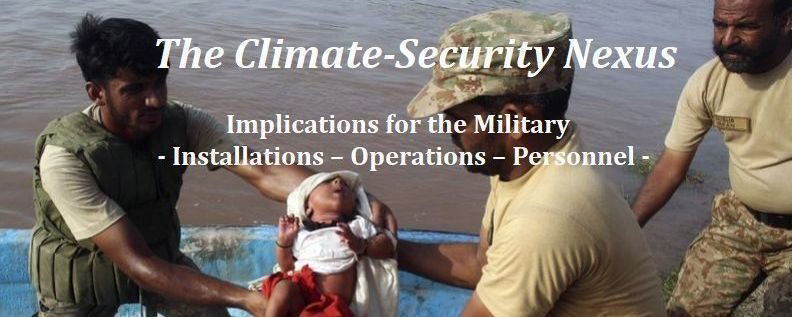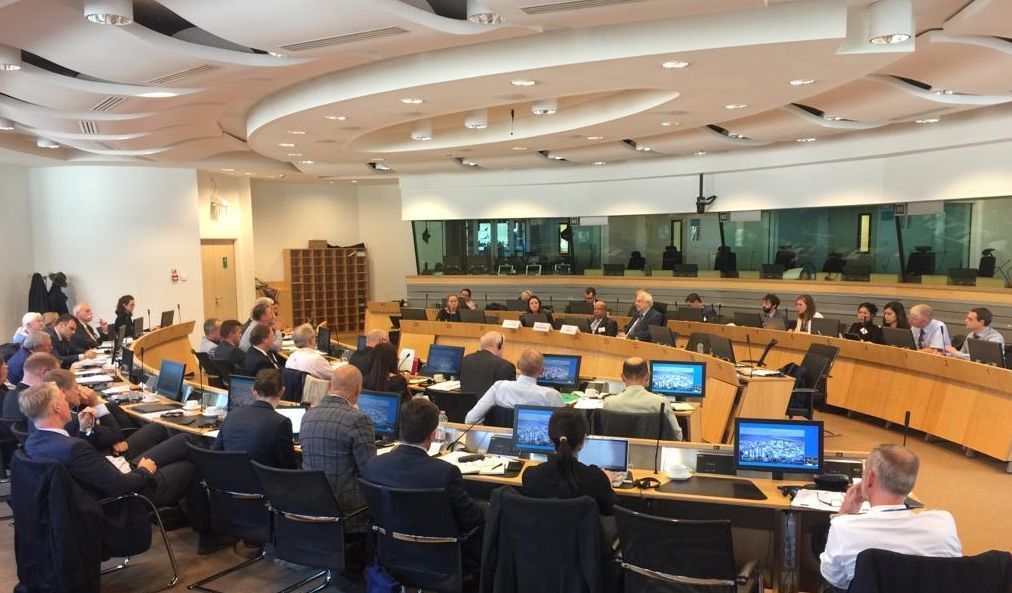The Climate-Security Nexus: Implications for the Military

Brussels, 24 November 2019
Responding to the impact of a changing climate on international, regional, national, environmental and human security requires an all-of-society / all-of-government approach.
The conference used a multi-stakeholder, multi-level approach to help further raise awareness of the climate-security nexus and highlight the role of the defence community in assessing the risks to stability and peace, the role of civil-military cooperation in climate change mitigation and adaptation, and the role of state and non-state actors in addressing the implications of climate change for military personnel.
Climate change can affect the traditional work of military personnel in several ways:
The very nature of the work might change (i.e. response to natural disasters, protection of critical infrastructure such as water and food supplies, etc.)
The circumstances of the work might change (i.e. extreme heat, wider spreading of diseases, etc.)
The nature of conflicts might change (i.e. more globalized, impact of human displacement and migration flows, conflict over land, water, and other resources, etc.)
The equipment of soldiers might change (i.e. wearable devices producing and requiring energy, etc.)

The event brought together stakeholders form different institutions (EU, NATO, OSCE, SHAPE, UN, national departments of defence, foreign ministries and embassies, military trade unions and professional associations, academia, think tanks and NGOs to:
- Raise awareness about the ways in which climate change impacts security challenges and the missions and tasks of soldiers on the ground.
- Exchange views of different stakeholders on what needs to be done to understand and address how the climate-security nexus affects military personnel:
How does / will climate change affect the tasks carried out by military personnel?
How do training and education need to be changed / adapted to prepare military personnel for these new tasks?
Which roles can trade unions play to facilitate / drive the transition?
Which investments need to be made to support the changes, provide the best equipment and protect personnel?
- Develop ideas on how to further work on these issues in a coordinated way.
For more information, the programme, and presentations visit the EDRC event page.